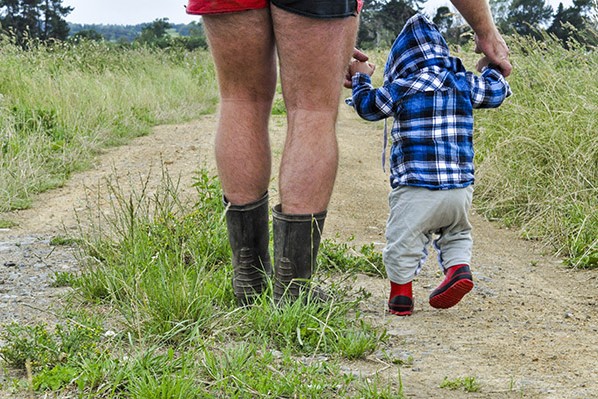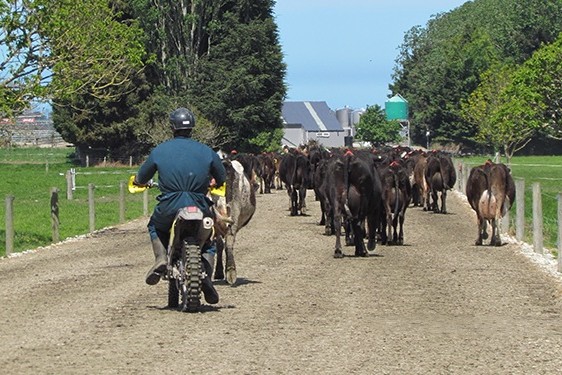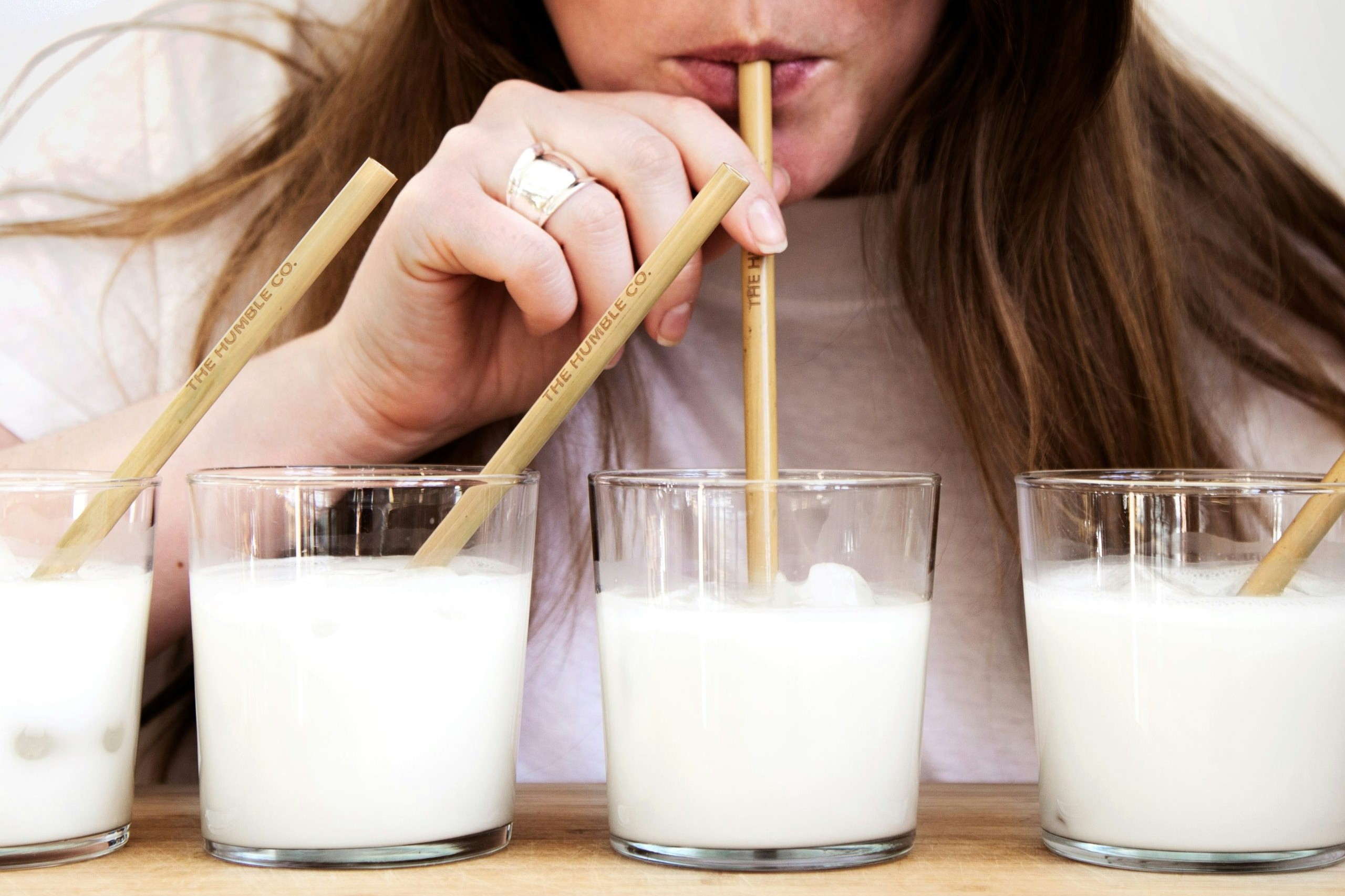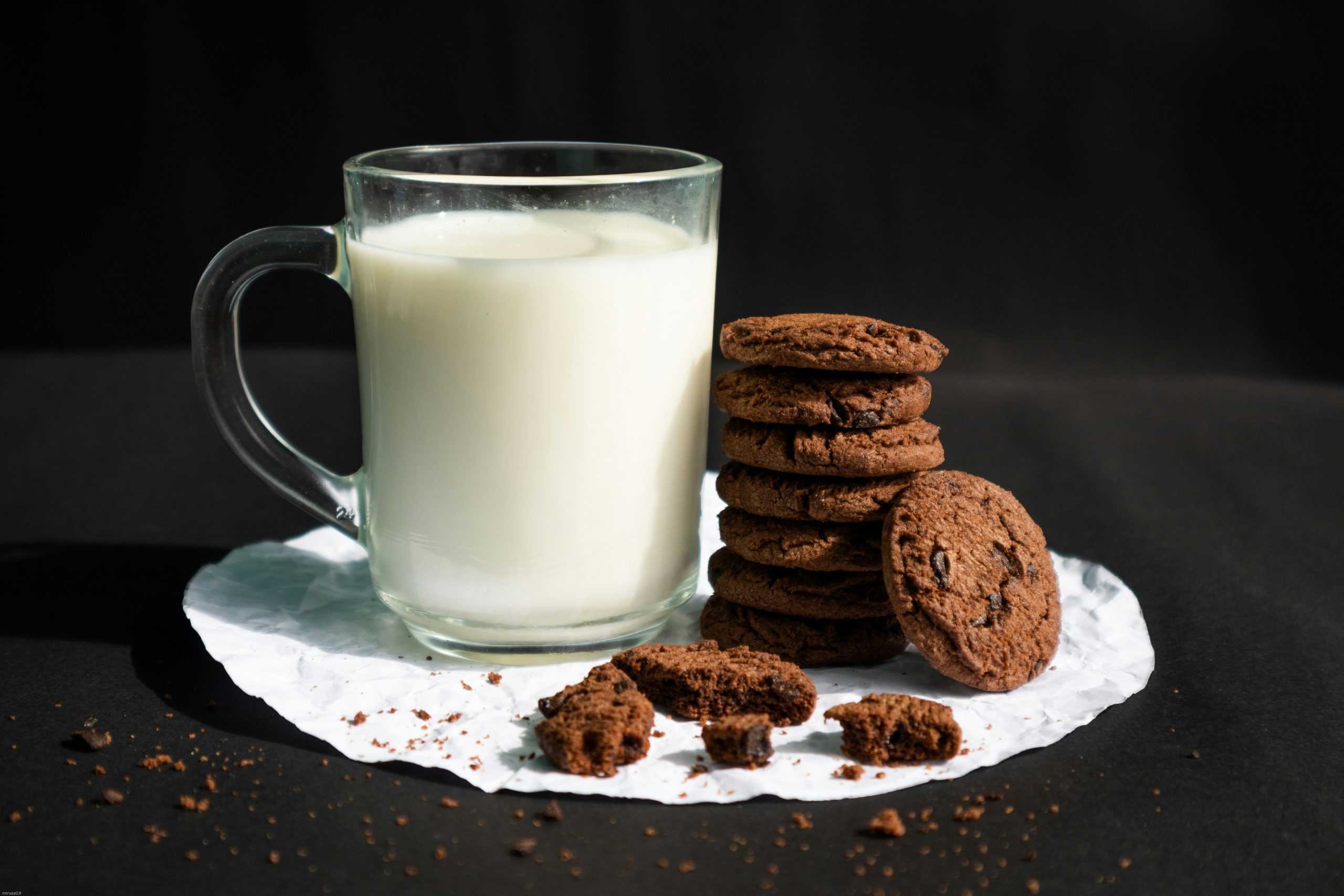We’re getting near the end of the milking season, so it’s time for a reminder about the risks of the season and your health and safety. By Harriet Bremner.
We hear stories about people falling asleep behind the wheel and having an accident just as they are nearly home. They were ‘nearly there’ and how could this happen when they have been driving for so long? The truth is, it does happen and it happens more than it should.
I was lucky enough recently to connect with the lovely Jane Fowles from Dairy Holdings Limited who had a chat with me about health and safety but also about the month of May and how many of you may be feeling you are nearly there.
Nearly there with drying off, nearly there with finishing packing before you move farms, nearly there before you get a much deserved break from milking.
Jane first started in health and safety about 15 years ago, moving into agriculture about eight years ago.
It is her happy space and I could feel her passion as she spoke to me.
Jane said that she loves working with agri and farmers because they are genuine people doing a good job of what they love.
She also sees, like me, health and safety differently to the box-ticking exercise so many people limit it to.
Jane believes health and safety is about connecting with people and enjoys the challenge of getting people to engage in making it part of their everyday lives.
“You should go home in a better state than what you started the day in,” she said.
Now that is something to reflect on and she is so right!
If you have spent your day learning new things, connecting with people, being part of nature, then ideally your mental and physical state should be satisfied at the end of the day.
Can you say this is the case for you?
If the answer is no, then stop and have a good think about what you are doing in your day and how you can pivot to make these changes in your everyday life.
It’s May, and you are nearly at the end of the season but how do you get to the end without falling asleep at the wheel?
Jane talked to me about how fatigue will be setting in for a lot of you but she also distinguishes the difference between physical fatigue and mental fatigue.
Physical fatigue happens generally around calving and mating time and right now what you may be suffering from is mental fatigue – reinforcing the fact that no good decision is made after 3pm.
Jane has some questions you and your colleagues can ask every morning before you start work to help address this:
- What are we doing today?
- What can go wrong?
- How am I feeling today?
- What am I going to do about those things?
Stopping to ask these questions and have these conversations is life-saving – it will, figuratively speaking, stop you from falling asleep behind the wheel.
Jane has given me her three top tips on how to keep the injury rate down on your farm:
- Talk about health and safety. Make it something that is part of everyday conversations as well as discussions in more formal settings. It should be part of everyday business.
- Monday – have a toolbox meeting that is structured and disciplined. Make health and safety something that doesn’t get left for a rainy day or if you happen to have an extra five minutes.
Make it a regular part of your team’s conversations. Making time for it means that it is important.
You can do this by:
- Reflect on last week. What were the hazards that people came across – share everyone’s thoughts. If something went wrong, why did it go wrong and how can this be avoided in the future?
- Focus on the week ahead. Identify hazards – what are the things that could hurt us, what could go wrong based on what you have planned this week?
- Vehicle Checks. Is my vehicle safe to drive?
- Talk to each other and call each other out in a productive way.
You don’t need to wait until the next toolbox meeting to say something – address it at that moment as that person might be fatigued themselves and not aware that what they are doing is dangerous.
No ticking boxes
What motivates Jane to stay passionate about health and safety in Agri.
“When you have spent time with a farmer and they get it, that’s what motivates me.” Jane speaks about the puzzled look on someone’s face when they see a ‘health and safety’ person without a clipboard or a page full of boxes to tick.
When they realise that’s not what health and safety is about, that’s what’s satisfying for Jane.
Jane shared a story about a farmer who she spoke to about staying safe while burning off paddocks. He told her he didn’t need to do anything different because nothing had ever gone wrong before. Sounds a bit like the ‘she’ll be right’ theory to me!
Jane suggested they have a water tanker there just in case the worst-case scenario were to happen.
Later, the farmer rang Jane to tell her that when he was recently burning a paddock off, the wind changed and embers ended up in the cottage garden, sparking the pea straw in the garden to catch fire.
Luckily, the farmer had a water tanker on hand for the first time ever and put out the fire. He told Jane they would have lost the house if they hadn’t been prepared.
He then declared that although it may never go wrong again, he will never, ever burn off paddocks without water nearby just in case.
He did what Jane said and it saved him a house.
Using Jane’s questions can be cottage saving, life-saving and essentially, stop us from falling asleep behind that wheel.
So ask yourself… what could go wrong and adjust accordingly.
Be safe out there!





